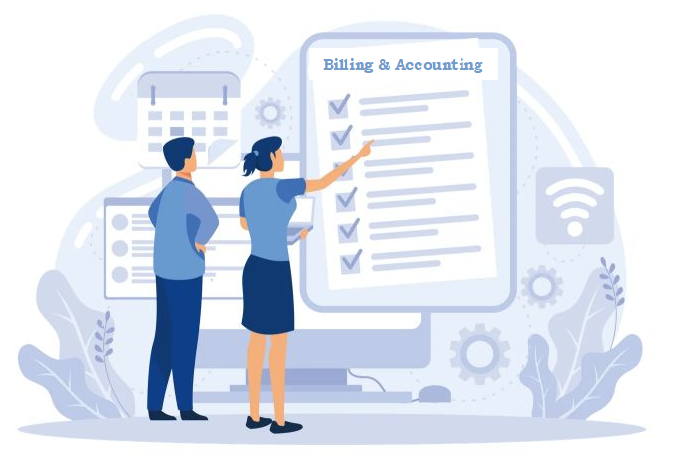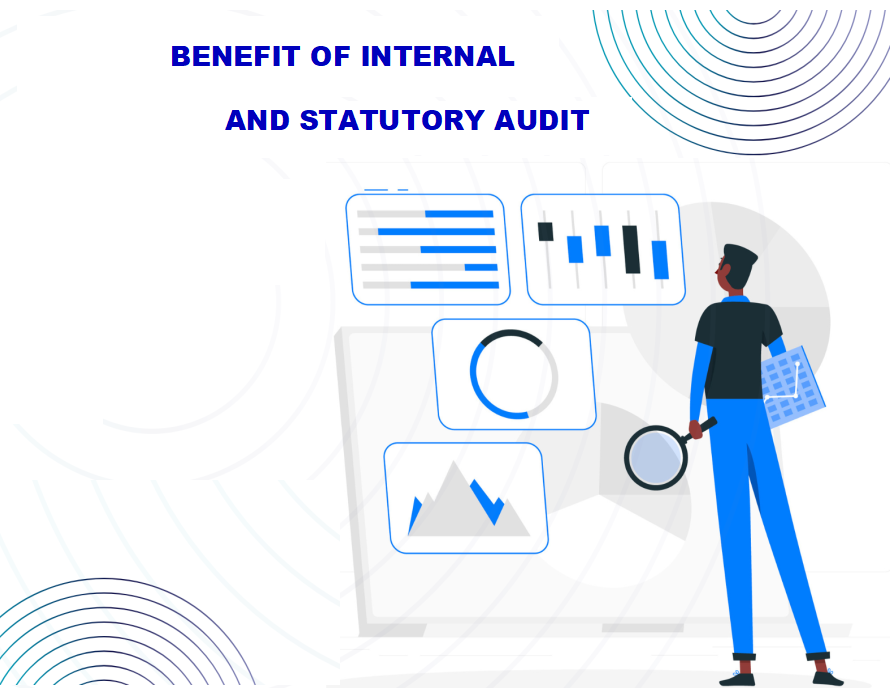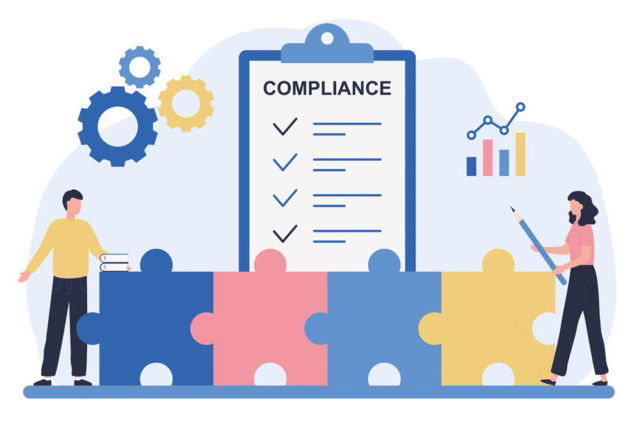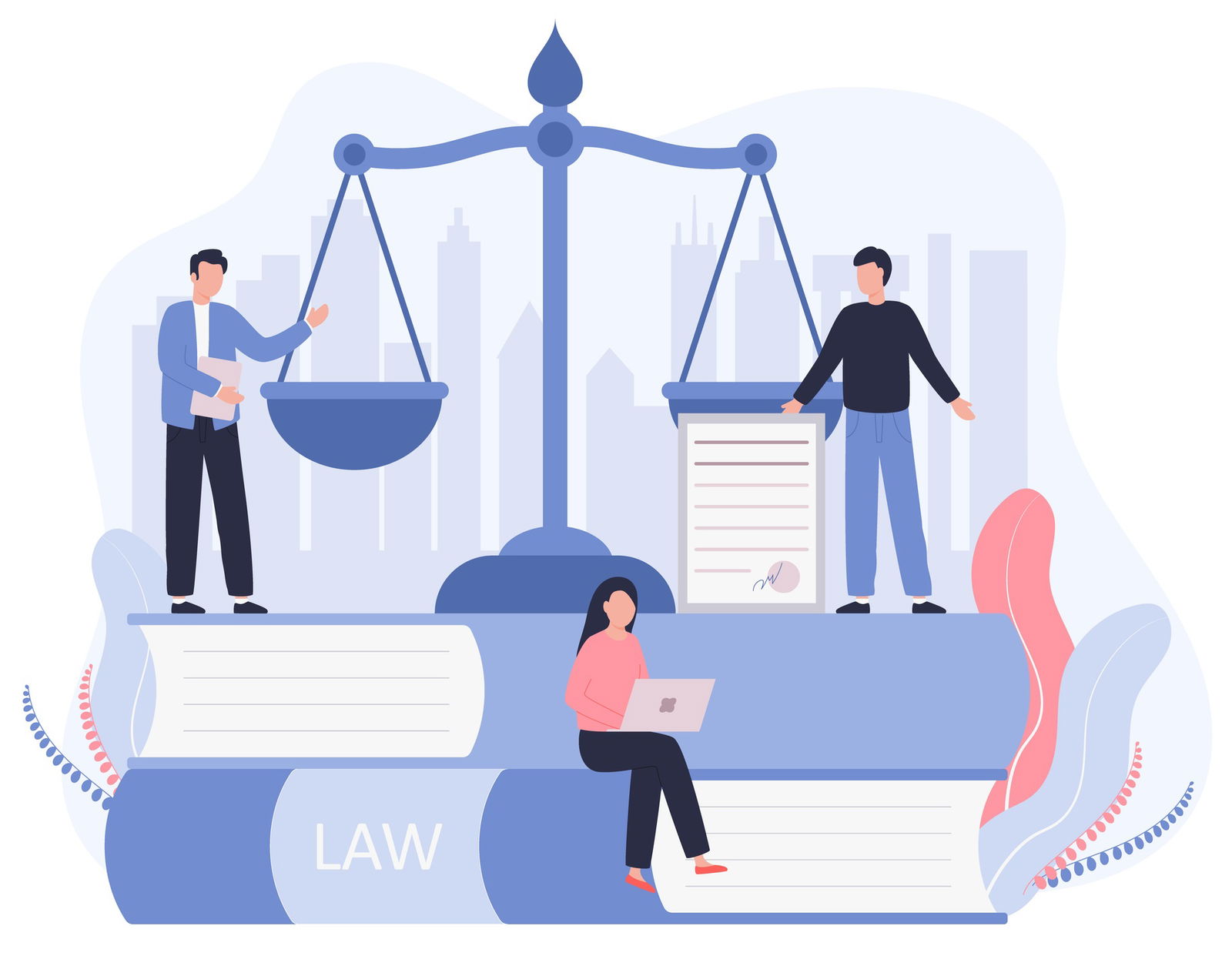We achieve 100% accuracy in billing and accounting using Tally ERP 9 and Tally Prime, widely regarded as the most universal, trustworthy, and user-friendly software for our societies. These tools are recognized for their simplicity, reliability, and comprehensive features, which support a broad spectrum of financial and business operations.
•Regular updates.
•Periodic reconciliation.
•Secure backups.
•Proper ledger management.
•Strong Passwords: Assigning unique, strong passwords for your society's data.
•Access Control: Restricting access using user roles and security controls.
Societies can install Tally ERP 9 in-house, making it easier to work across multiple locations while ensuring accurate data synchronization.
2.Customization Flexibility: Tailored solutions to meet specific needs.
3.Robust Data Security: Reliable measures to protect sensitive data.
4.Accurate Tax Management: Seamless compliance with tax regulations.
5.Comprehensive Reporting: Detailed insights for informed decision-making.
6.Real-Time Processing: Instant updates across systems.
7.Cost-Effective: Delivers exceptional value for money.
Why Choose Us?
Simple and Transparent: No hidden charges, no surprises—just clear and predictable billing.
Affordable Pricing: At Rs. 15 per unit, we deliver exceptional value for your money.
Reliable Service: Count on us for accurate and timely billing, every single time. Switch to the smarter choice today! Save time, save money, and enjoy peace of mind knowing you're getting the best value for Rs. 15 per unit.
Call us now for details. Let us handle the billing while you focus on what truly matters!
Conducting an internal and statutory audit of a cooperative housing society is crucial to ensure compliance with legal requirements, maintain transparency, and safeguard the interests of members. Nehaayra Management & Services LLP helps here’s a comprehensive guide on both types of audits for smooth functioning of society.
Nehaayra Management & Services LLP, Conduct both internal and statutory audits ensures that a cooperative housing society operates transparently, complies with relevant regulations, and maintains financial integrity for its members.
• To ensure adherence to the society’s internal policies and procedures.
• To check the efficiency of the society’s management and suggest improvements.
• To identify any misappropriation, discrepancies, or areas of concern.
• To prepare the society for statutory audits.
• To provide an independent opinion on the accuracy and fairness of the financial statements.
• To identify instances of non-compliance with the Co-operative Societies Act, bye-laws, and other relevant regulations.
• To certify that the accounts present a true and fair view of the society’s financial position.
A. Income from Members (Exempt Income)
•Maintenance Charges:
•Contribution for Sinking Fund, Repairs Fund, etc.:
•Interest from Members for Late Payment:
B. Income from Non-Members (Taxable Income)
• Interest on Investments:
• Rental Income:
• Non-Occupancy Charges:
• Other Income:
Section 80P Deductions:
• Section 80P(2)(c): A deduction of up to ₹50,000 is allowed for a co-operative housing society from its taxable income.
• Section 80P(2)(d): Income earned by the society from investments made with other co-operative societies is fully deductible. However, this deduction does not apply to interest income earned from banks (scheduled banks or co-operative banks).
• Statutory Audit: Every co-operative housing society must conduct an annual statutory audit by a certified auditor. The audit report is filed with the Registrar of Co-operative Societies.
• Tax Audit: If the society’s turnover exceeds the prescribed limit (usually ₹1 crore for business income or ₹50 lakhs for professional income), it must conduct a tax audit under Section 44AB of the Income Tax Act.
2. Regular Internal Audits: Conduct periodic internal audits to ensure accuracy in financial transactions and compliance.
3. Timely Payments: Ensure all TDS, advance tax, and GST payments are made on time to avoid penalties.
4. Use Accounting Software: Employ accounting software to maintain accurate records and simplify tax calculations.
5. Engage a Professional: Consider hiring a tax consultant or professional auditor to assist with compliance and filing.
A. Income from Members (Exempt Income)
•Maintenance Charges:
•Contribution for Sinking Fund, Repairs Fund, etc.:
•Interest from Members for Late Payment:
B. Income from Non-Members (Taxable Income)
• Interest on Investments:
• Rental Income:
• Non-Occupancy Charges:
• Other Income:
B. Statutory Audit
C. Filing of Annual Returns
D. Submission of Returns
B. TDS Compliance
C. GST Compliance (if applicable)
• Transfer of Shares: Ensure the proper process is followed for the transfer of shares or property within the society, as specified in the bye-laws.
• Society Meetings: Conduct regular committee meetings, general body meetings, and special general meetings as per the bye-laws. Maintain minutes for each meeting.
• Electing of Committee Members: Elect and appoint committee members as per the procedures outlined in the society’s bye-laws.
Nehaayra management & Services LLP make easy for society handling Legal liaisoning work for a co-operative housing society involves a wide range of tasks, from compliance and documentation to dispute resolution and legal management. A dedicated legal liaison officer or legal advisor can help ensure that the society adheres to all legal norms, maintains transparency, and protects the interests of its members. Proper and timely legal liaisoning contributes significantly to the smooth and lawful operation of a co-operative housing society, fostering a harmonious and well-regulated community.
• Registration of Society.
• Bye-laws Amendments.
• Name Changes.
• Conveyance of Land & Building.
• Election of society.
B. Filing Annual Returns
• Ensure the timely submission of annual financial statements, audit reports, and other returns required by the Registrar of Co-operative Societies.
• Filing the updated list of committee members, office bearers, and shareholders annually.
C. Resolving Disputes
• Liaison with the Registrar’s office for dispute resolution, including handling complaints, objections, and member grievances.
• Facilitating arbitration or mediation for intra-society disputes and disputes with third parties.
• Ensuring timely payment of property taxes to the local municipal authority.
• Handling applications for building permissions, occupancy certificates, and completion certificates.
• Managing issues related to unauthorized constructions, encroachments, and other violations.
B. Permissions for Alterations and Renovations
• Obtaining necessary approvals for any major repairs, renovations, or alterations to the building structure.
• Liaising with authorities for permissions related to plumbing, electrical modifications, fire safety updates, or structural changes.
• Obtaining permission and NOCfrom Police Station for cultural events
• Communication with Corporator
B. Share Transfers and Membership Changes
C. Liaisoning for Building Repairs and Redevelopment.
D. Litigation Management
E. Legal Notices and Compliance
F. Handling Member Disputes
• Organizing workshops on legal rights and responsibilities for committee members and residents.
• Training sessions on understanding the Co-operative Societies Act, property laws, and compliance requirements.
B. Updates on Legal Amendments
• Keeping the managing committee and society members informed of changes in relevant laws, rules, and regulations.
• Coordinating with legal experts to provide updates on new compliance requirements, amendments, or legal obligations.
The role of a society manager is crucial in ensuring that a housing society operates efficiently, provides a safe and comfortable living environment, and remains financially sound. Nehaayra Management & Services LLP, help maintain harmony, manage conflicts, and ensure that the society adheres to all necessary regulations. A well-managed housing society, under the leadership of a capable manager, can enhance the quality of life for all its residents
1. Efficient Management of Operations
2. Financial Management
3. Conflict Resolution
4. Legal Compliance
5. Communication Liaison with vendors
6. Maintenance & Upkeep of Statutory Books
7. Safety and Security for it society and members
8. Managing Amenities and Services
9. Enhancing Community Engagement
10. Crisis Management
Remote Manager: This may also be referred to as a freelancer. The manager visits the society on a call basis and as per work requirements.
Part-Time Manager: The manager visits the society on weekdays or daily for four hours.
Full-Time Manager: For societies with a large volume of work, we prefer to assign a full-time manager for eight hours a day.
All managers perform the same tasks; the type of manager provided depends on the workload and requirements of the society.






